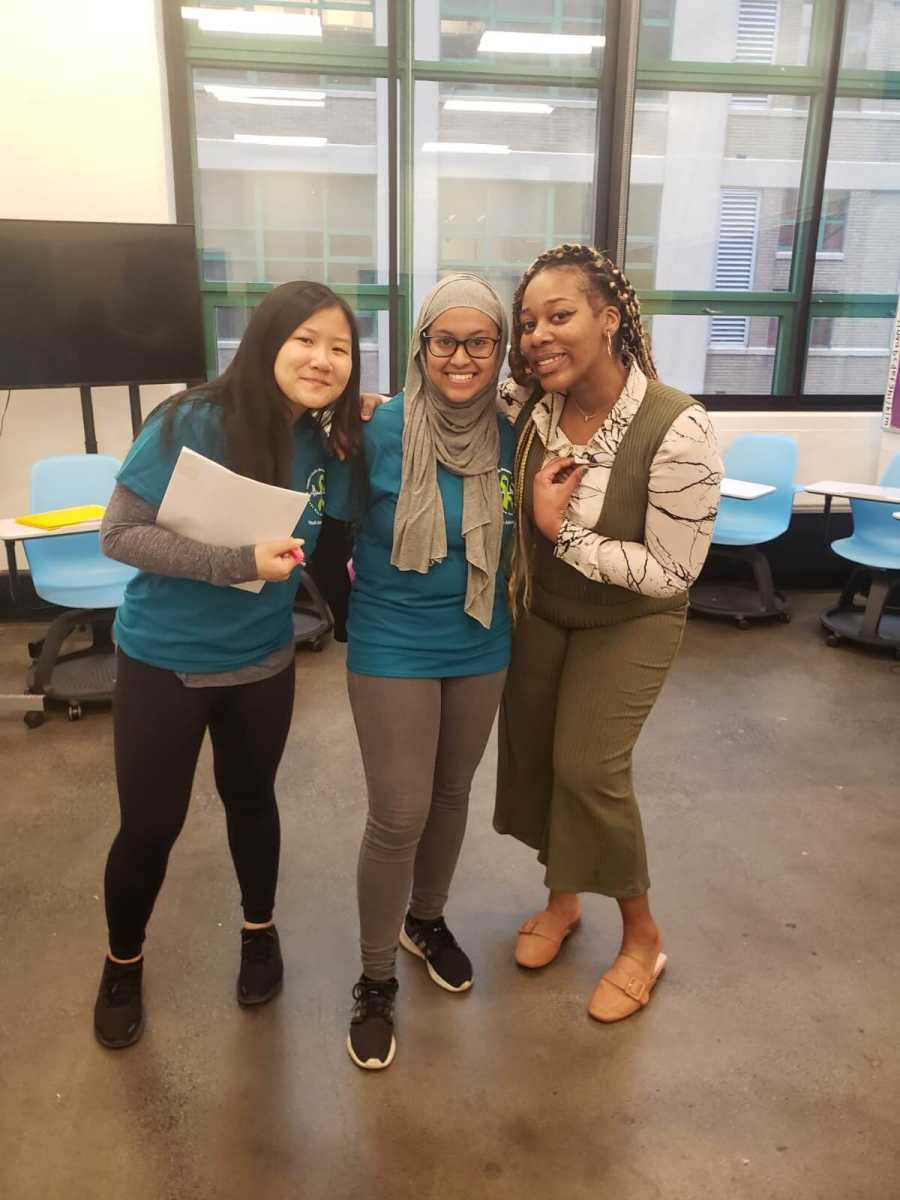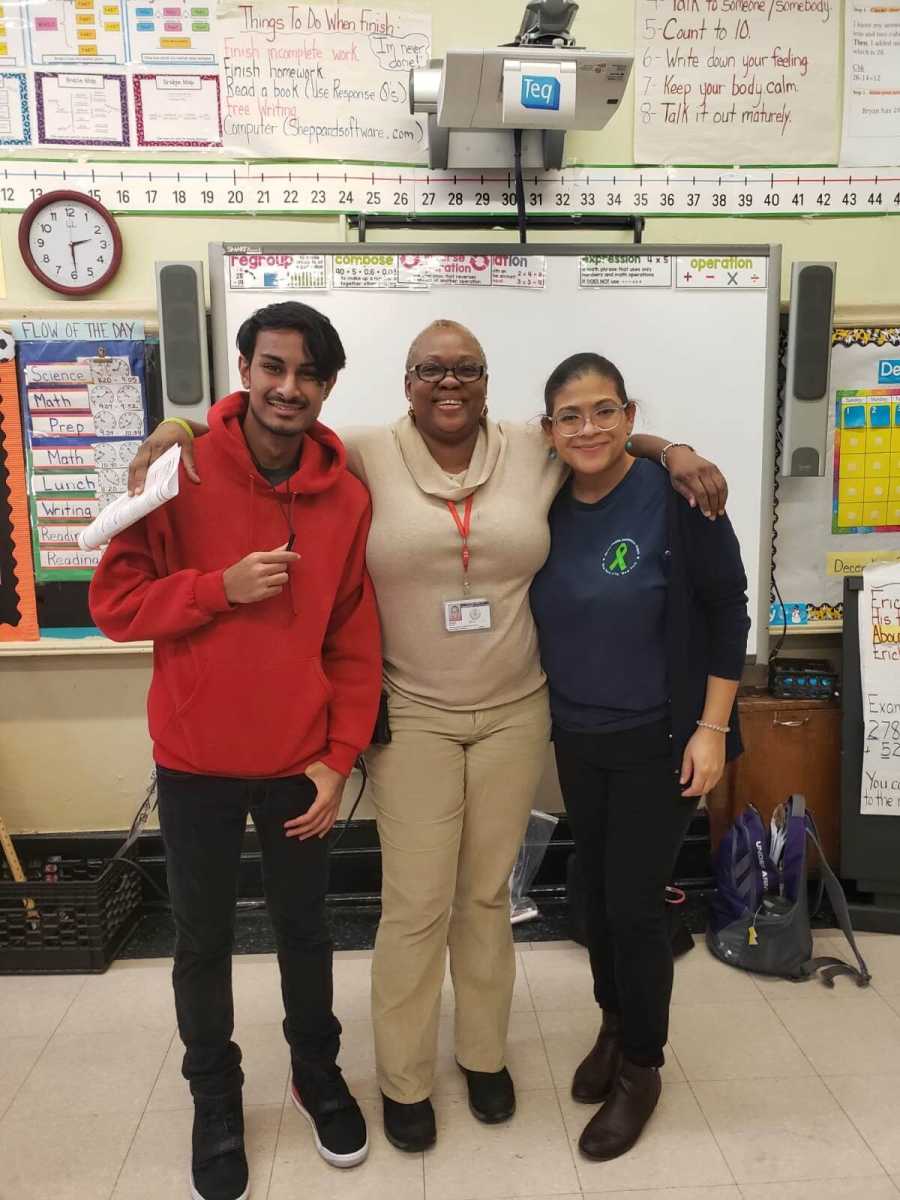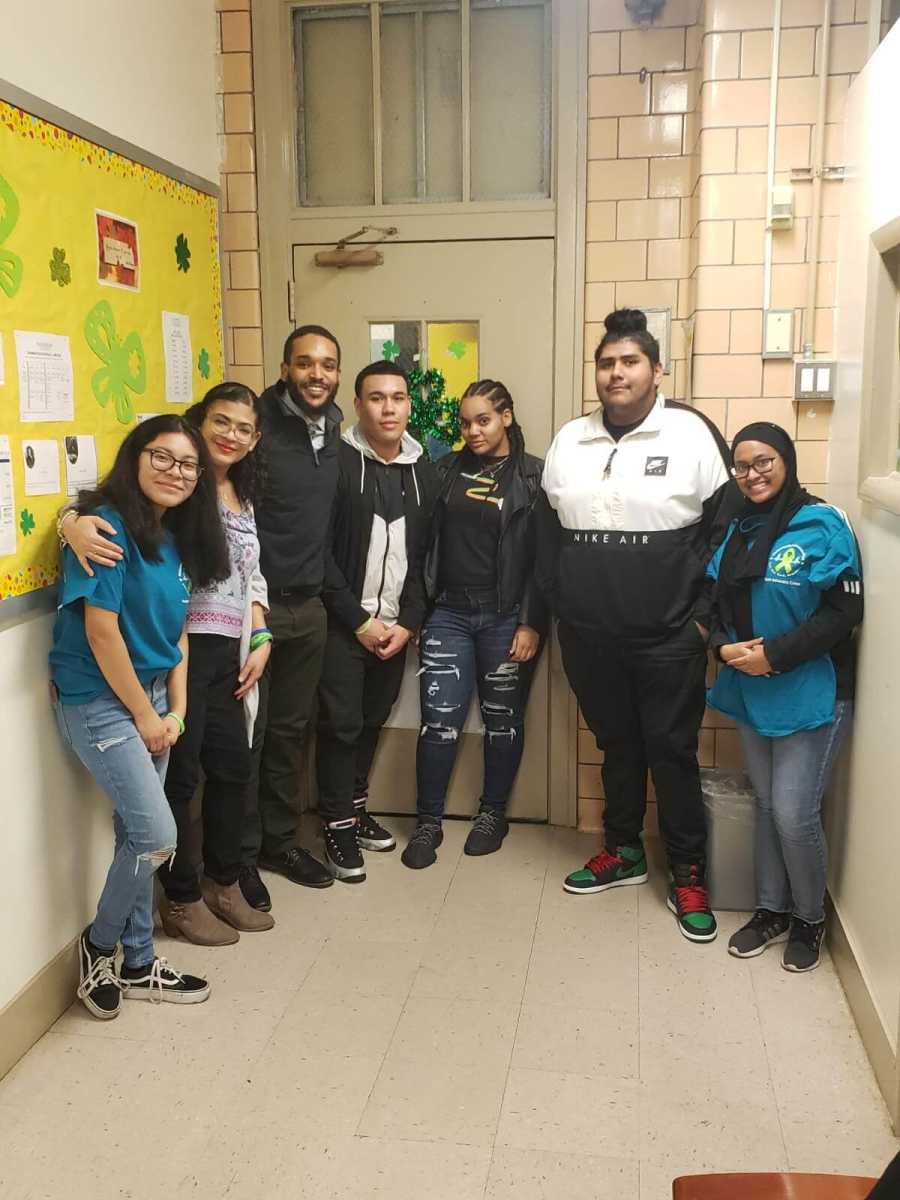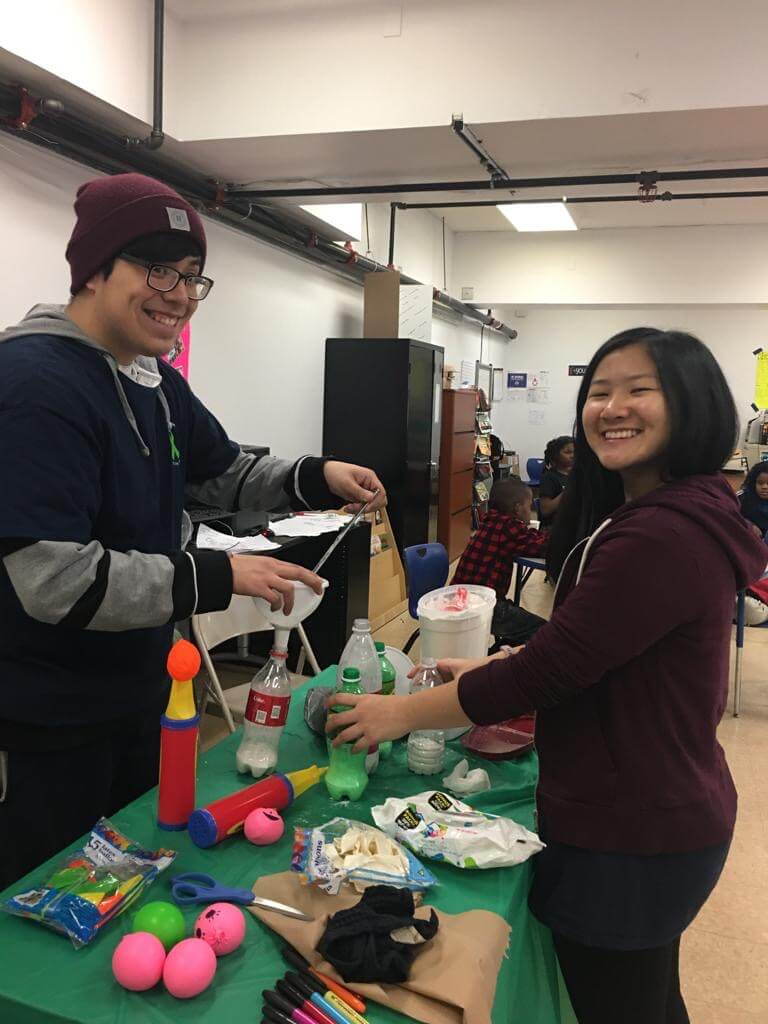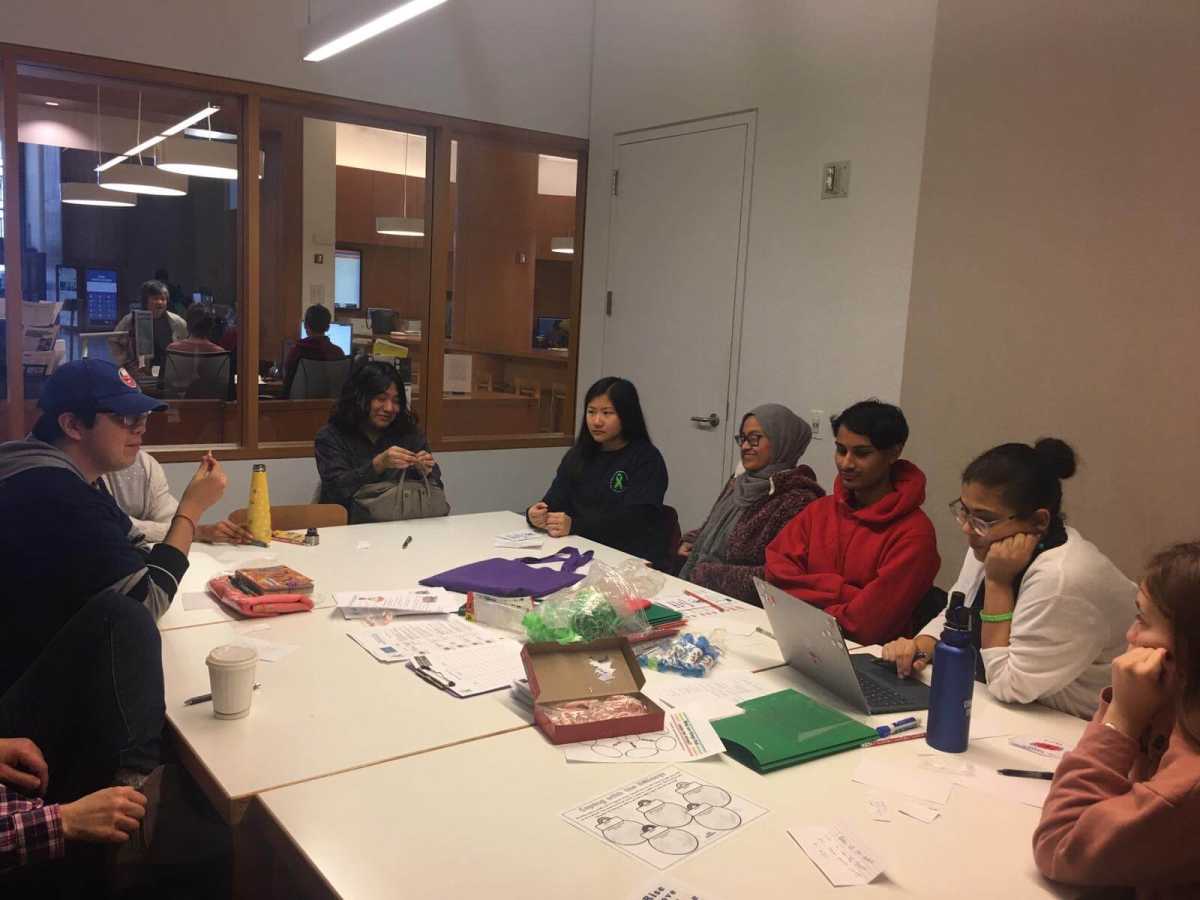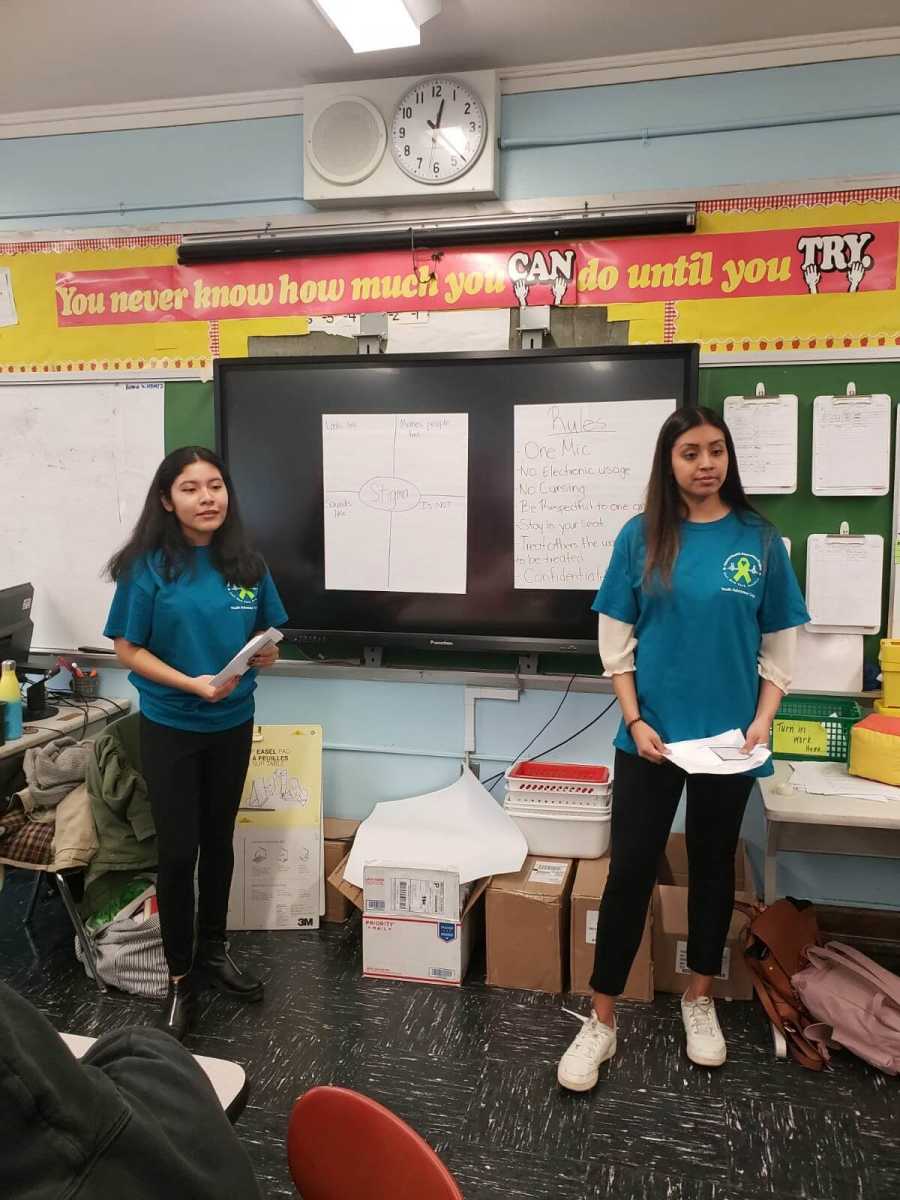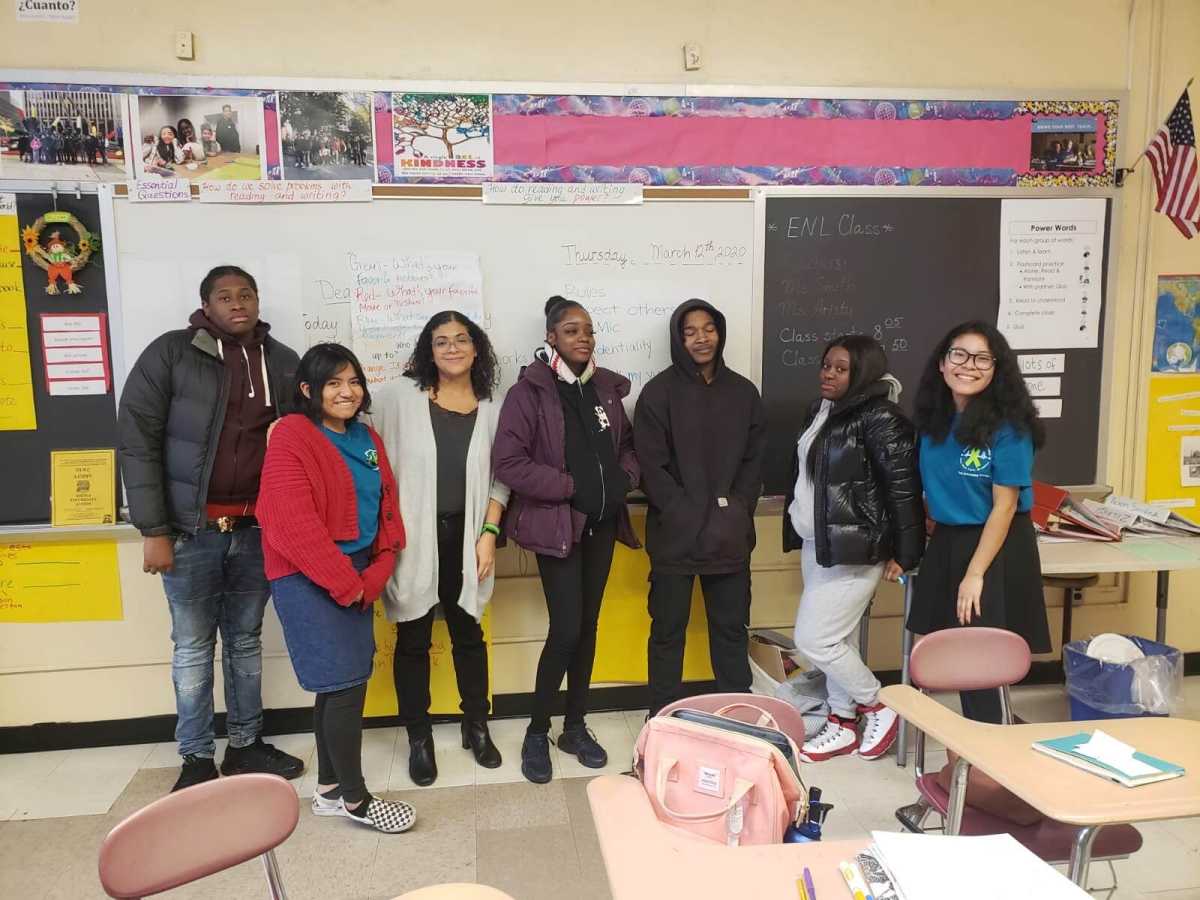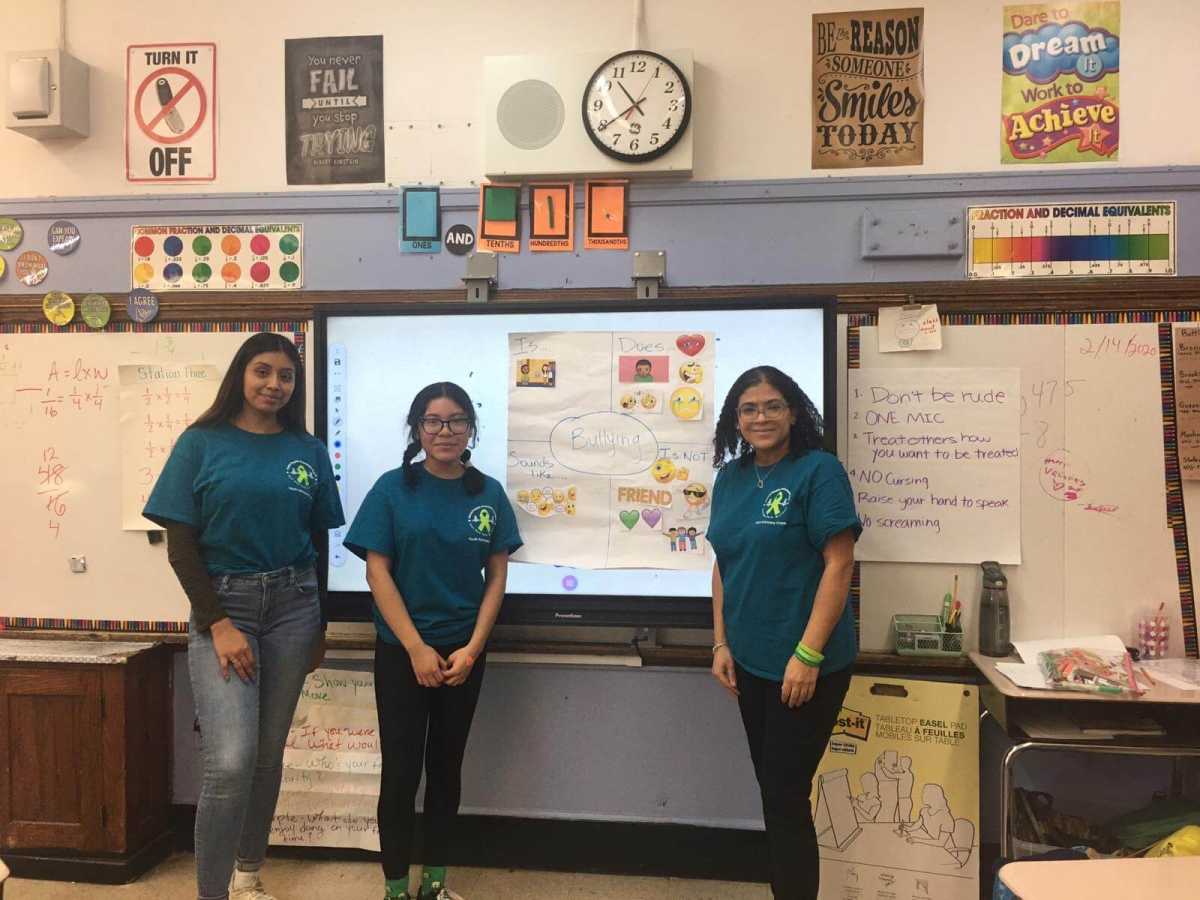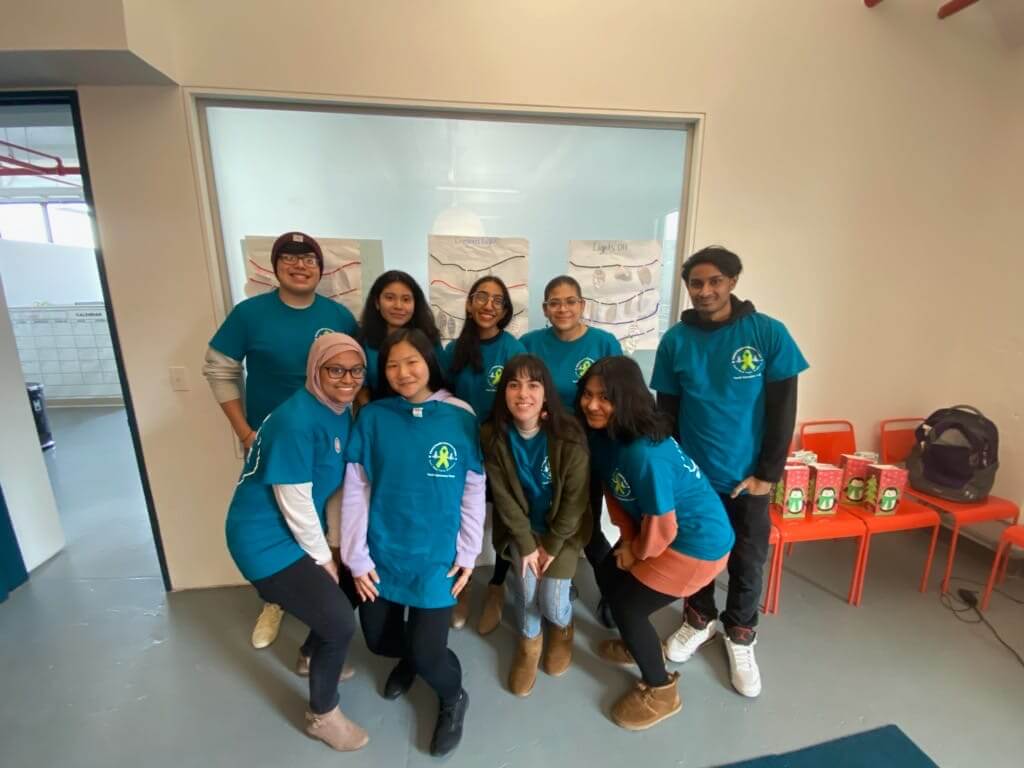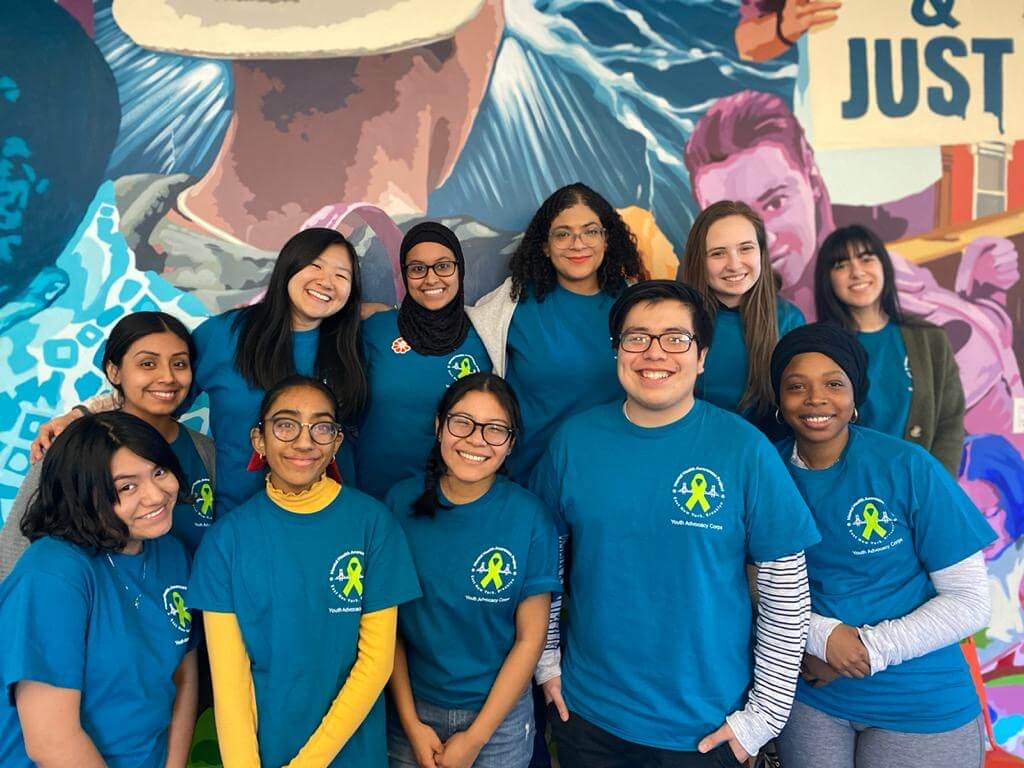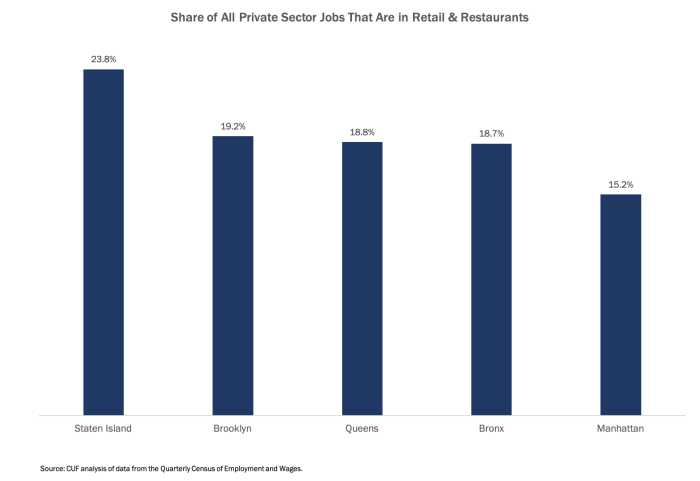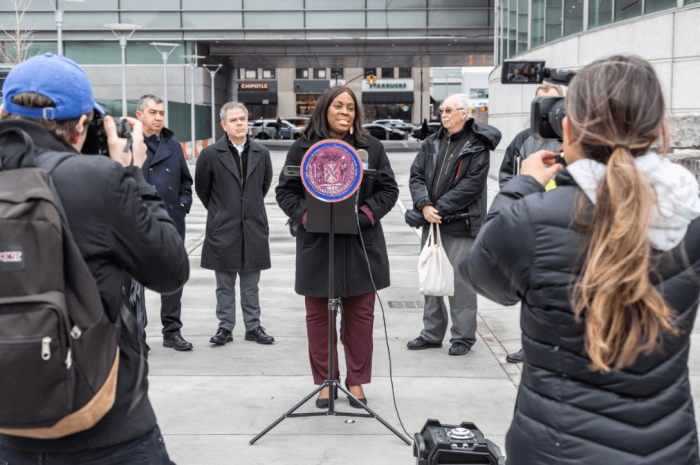Mental health is often referred to as taboo. But with so many New Yorkers shuttered inside because of the coronavirus, it is perhaps now more important than ever.
One organization that works with people on their mental health is Youth Advocacy Corps, a non-profit based in Brooklyn that also caters to the Bronx. One of its programs is the Mental Health Awareness Project (MHAP), which provides youth-led mental health workshops in schools and community centers.
Jenny De La Cruz, director of MHAP, said normally they hold workshops in schools, but she and her staff have had to adjust how best to help people that are struggling.
Since they cannot hold their typical in-person events, they have been offering Zoom virtual meetings where kids can talk about how they are feeling. De La Cruz and her staff are encouraging children to do seven days of love, where each day they do something good for themselves, such as writing in a journal, watching Netflix with someone or holding a FaceTime party.
“We want to make sure that people are thinking about their mental health,” De La Cruz said. “Instead of calling it social distancing, we call it physical distancing.”
She explained that many kids are stressing over the possibility of missing prom and graduation, the college process and really just feeling isolated in general.
According to De La Cruz, it’s important for kids to understand this is not a vacation and there needs to be a separation between home and school. Children should keep a routine and wake up when they normally do, shower, get dressed and be ready for school on time.
Another concern is the stress the coronavirus is putting on parents. Many are out of work or are at work and worrying about their kids who are home.
“My advice to parents would be to know their child,” she said. “Every child is different.”
Ultimately, whether it’s a family member or friend, people need a good support system, she said.
“Talking about mental health is very difficult because not every household has the opportunity to d o that,” De La Cruz explained.
Below are some of the resources that they are providing to schools and community partners:
- COVID-Emotional Support HELPLINE: 844-863-9314
- Spectrum: If a student does not have any internet access to be able to take online classes, Spectrum is offering FREE SERVICE to those students. Call 844-488-8398
- UHAUL: Offering 30 Day Free Storage to Students that have to move due to coronavirus. The free service is available for new customers with college IDs and is a limited-time offer. Call 800-GO-UHAUL
- New York Psychotherapy and Counseling Center NYPCC: https://www.nypcc.org/
- Vibrant: https://www.vibrant.org/
- Crisis Text Line: (great for youth) https://www.crisistextline.org/texting-in
- For health and/or mental health concerns, virtual visits with general practitioners are a good way to go. Follow this link for NYU’s online service: https://nyulangone.org/locations/virtual-urgent-care
- NYC Well for referrals to local care: https://www1.nyc.gov/site/thrivelearningcenter/contact-us/contact-us.page
- NAMI (National Association of Mental Illness)” https://www.naminycmetro.org/find-support
- Need a laptop? Device Request for NYC students. Fill Out Form: https://coronavirus.schools.nyc/RemoteLearningDevices

